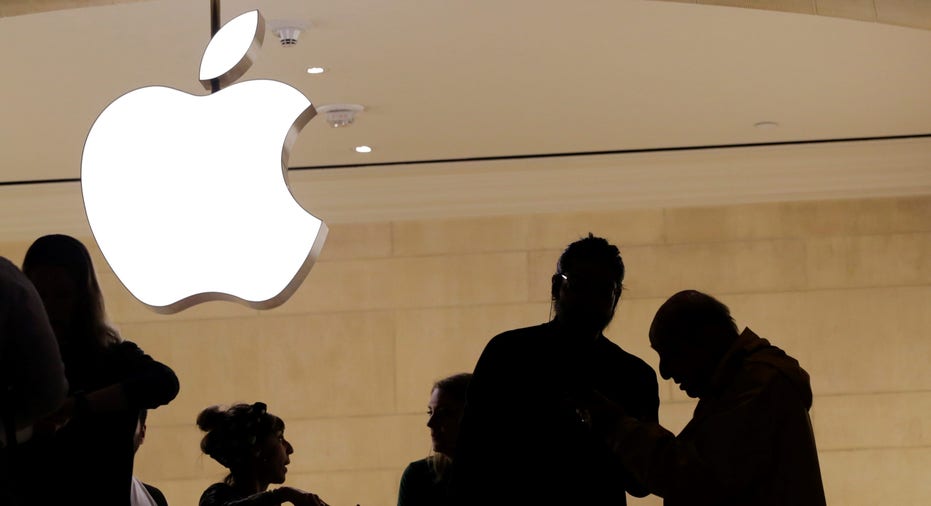Supreme Court rules against Apple in lawsuit targeting App Store

The Supreme Court is allowing consumers to pursue an antitrust lawsuit that claims Apple has unfairly monopolized the market for the sale of iPhone apps. (AP)
The Supreme Court ruled against Apple on Monday to allow consumers to proceed with an antitrust lawsuit that accused the tech company of monopolizing iOS apps and artificially inflating prices through its App Store.
In a 5-4 ruling on Apple Inc. v. Pepper, the Supreme Court said iPhone buyers were “direct purchasers” who can sue Apple for alleged monopolization. Justice Brett Kavanaugh sided with the court's four liberal judges — Ruth Bader Ginsburg, Stephen Breyer, Sonia Sotomayor and Elena Kagan — in the ruling.
“The plaintiffs purchased apps directly from Apple and therefore are direct purchasers under Illinois Brick,” Kavanaugh wrote in the majority opinion, citing the doctrine that prohibits indirect purchasers from suing companies for damages under antitrust law.
“At this early pleadings stage of the litigation, we do not assess the merits of the plaintiffs’ antitrust claims against Apple, nor do we consider any other defenses Apple might have,” he added. “We merely hold that the Illinois Brick direct-purchaser rule does not bar these plaintiffs from suing Apple under the antitrust laws.”
Robert Pepper and three other iPhone users filed an antitrust complaint in 2011 claiming Apple created an unfair monopoly over the "iPhone apps aftermarket" and drove up phone prices by blocking third-party apps. IOS users can only download apps through the App store and the tech company takes 30 percent commission on every sale. The developers, who also have to pay a $99 annual membership fees and set their own price on the apps, then pass the expenses on to consumers, Pepper argued.
“The consumers argue, in particular, that Apple has monopolized the retail market for the sale of apps and has unlawfully used its monopolistic power to charge consumers higher-than-competitive prices,” the Supreme Court opinion stated.
Apple said its App store "is not a monopoly by any metric."
"Today's decision means plaintiffs can proceed with their case in District court. We’re confident we will prevail when the facts are presented and that the App Store is not a monopoly by any metric," the company wrote in its statement. We’re proud to have created the safest, most secure and trusted platform for customers and a great business opportunity for all developers around the world."
The tech company argued that it had no role in app prices and that those were set by developers.
"The vast majority of apps on the App Store are free and Apple gets nothing from them. The only instance where Apple shares in revenue is if the developer chooses to sell digital services through the App Store," the statement continued. "Developers have a number of platforms to choose from to deliver their software — from other apps stores, to Smart TVs to gaming consoles - and we work hard every day to make our store is the best, safest and most competitive in the world."
Justice Neil Gorsuch wrote a dissent for four conservative justices. "The consumers' complaint against Apple is the kind of case earlier high court rulings said was not allowed under federal laws that prohibit unfair control of a market," Gorsuch wrote.
The ruling may require Apple to pay hundreds of millions of dollars to developers and make changes to its App store, the Verge previously reported. A judge could triple the compensation to consumers under antitrust law if Apple ultimately loses the suit.
There has been exponential growth in the availability of apps since Apple created the App Store in 2008 with 500 choices. In April 2009, less than a year after its debut, the App Store reached a landmark one billion app downloads.
| Ticker | Security | Last | Change | Change % |
|---|---|---|---|---|
| AAPL | APPLE INC. | 278.12 | +2.21 | +0.80% |
Fox Business' Bill Mears, Susan Li and The Associated Press contributed to this report.



















